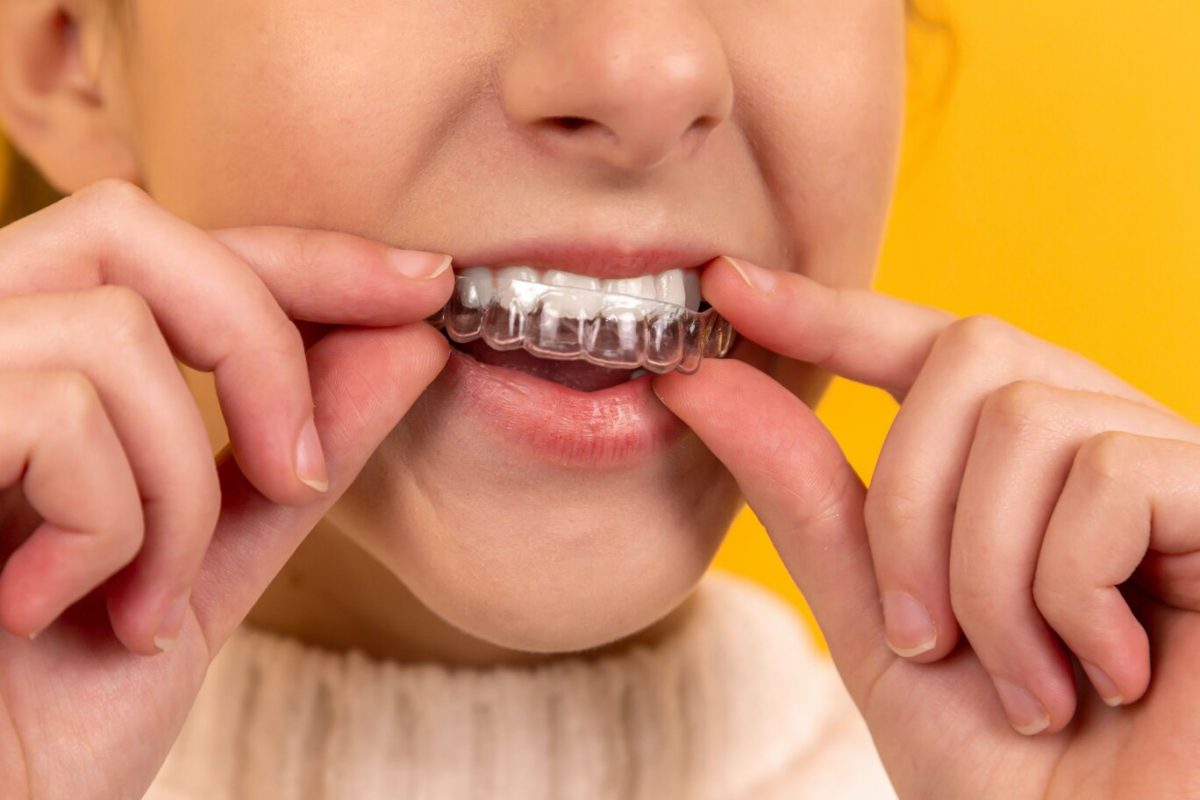
Not all oral health problems stem from damaged teeth or inflamed gums. Sometimes, the root cause of your pain and discomfort can occur when you’re not awake. This is why people need to use mouth guards to solve several oral care complications when they’re asleep.
The tricky issue with determining if you need a mouthguard is that most of its symptoms are only present when you’re asleep. Thankfully, there are ways to pinpoint what symptoms may be remedied by getting yourself a mouthguard.
Do I need to have a mouthguard?
Snoring and jaw problems are the two typical reasons people need to get themselves a mouthguard. Sleep apnea leads to disrupted sleeping patterns, leading to interrupted breathing, causing interrupted sleep cycles from snoring. On the other hand, teeth grinding can lead to several issues related to your teeth and jaw alignment. Although the two can seem like minor conditions, they can lead to long-term complications to your oral health.
If you have one or more of the three conditions below, you might want to consider getting a mouthguard.
1. Morning headaches
Waking up with headaches is a possible sign that you might be grinding your teeth in your sleep. These pains occur because your jaw builds up pressure when your teeth are rubbing at night. IT leads to pain on the sides and back of your head, causing a bad morning headache which can even turn into full-on migraines.
Teeth grinding can reach the point of interrupting your sleep due to soreness from jaw pain. Chronic migraines can lead to other medical complications. Teeth grinding can lead to tooth pain, earaches, and even shoulder pain. Your health will only deteriorate further if you don’t fix your condition with a mouthguard while it’s still in its minor stages.
2. Chipped teeth
Chipped teeth aren’t just a cosmetic issue for your oral health; they can also cause general discomfort due to gradual damage. If you notice chipping among your teeth, it can be a sign that you’re grinding your teeth at night. Remember that your mouth can only withstand a certain amount of pressure before your teeth can wear out. This is why people end up needing fillings or dentures since their teeth become weaker over time.
Your teeth may be eroding if you have flat top molars, shorter front teeth, or noticeable cracks building between your teeth. If your teeth are eroding, it’s time to consult your dentist for any restorative treatments before getting a mouthguard.
3. Temporomandibular joint (TMJ) syndrome
TMJ syndrome manifests through pain in your jaw joint, leading to several complications like dizziness, migraines, and even air pain. It’s not uncommon among patients to misdiagnose their condition, especially since most people with TMJ don’t necessarily have tooth or gum problems. TMJ is a severe condition that needs professional treatment before any severe damage to your mouth and jaw structure occurs. Getting a mouthguard reduces your morning pain, stops teeth grinding, and allows your jaw and mouth.
Conclusion
Diagnosing yourself can be dangerous, especially if you haven’t had previous experience with a dental condition. Before you decide what treatment you should receive, it’s best to obtain a professional diagnosis from your local dentist. They will confirm and assess your oral health complications and provide the appropriate remedy for your illnesses.
At Ivy Rose Family Dentistry, we can diagnose your condition and provide the proper solution to your dental care needs. If you need a professional dentist in Mansfield, TX, book an appointment with our dental experts today!

